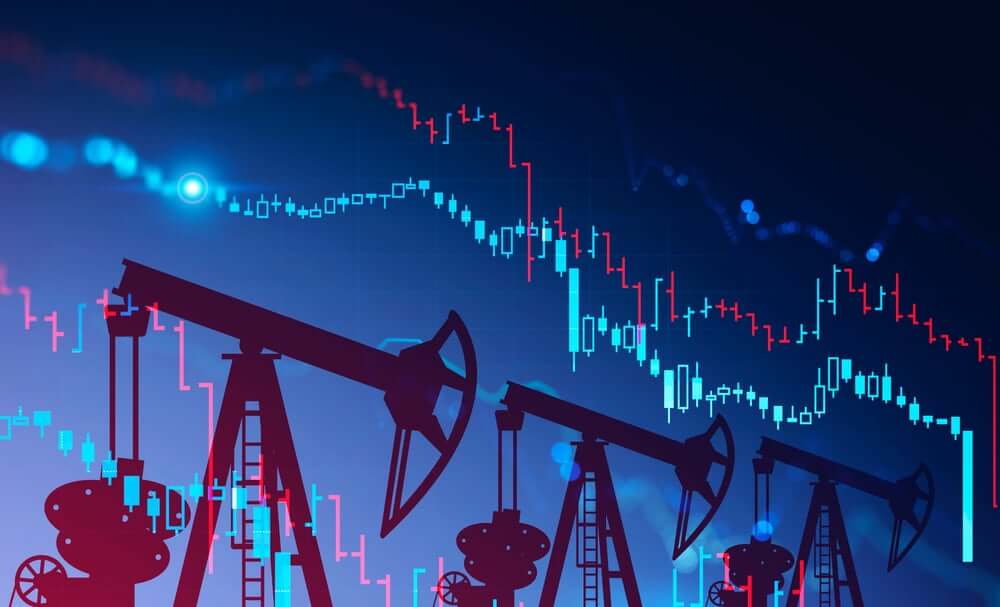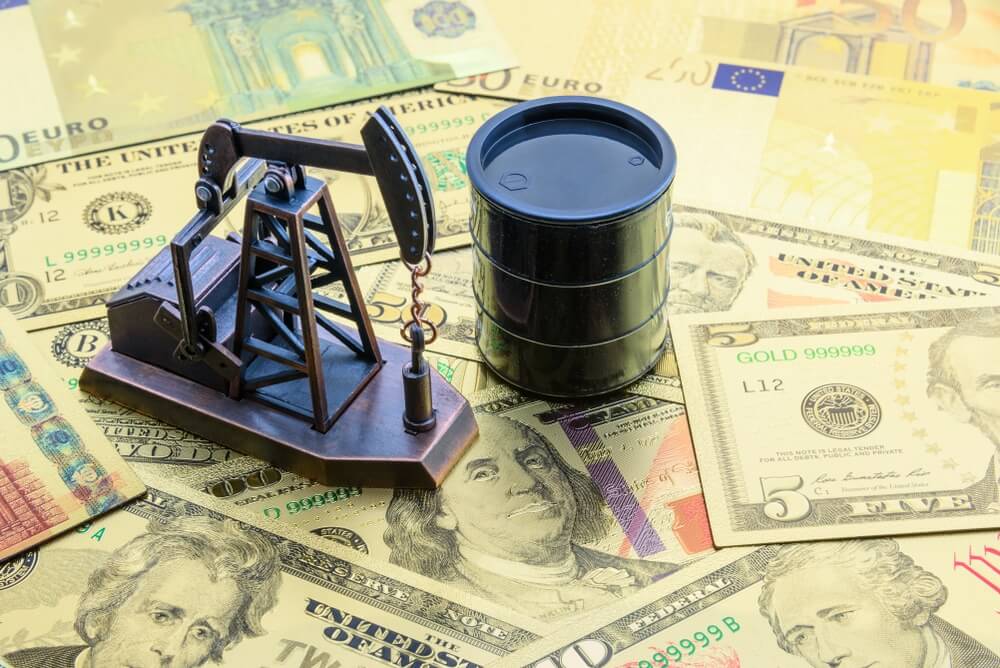
Oil Prices Are up By More than 2%
Oil rose more than 2% on Wednesday as Russian President Vladimir Putin announced a partial military mobilization, deepening the conflict in Ukraine and stoking concerns about a possible shortage of oil and gas. Brent oil futures were up $2.289, or 2.54%, to $92.91 a barrel, after sliding $1.38 the day before.
West Texas Intermediate crude in the United States was trading at $86.17 per barrel, up $2.21, or 2.63%.
Putin stated that he had signed a directive for partial mobilization to begin on Wednesday, claiming that he was defending Russian lands and that the West wanted to destroy Russia.
According to Warren Patterson, head of commodities research at ING, the escalation will deepen uncertainties about the Russian energy supply. Following the outbreak of the Ukraine war, oil prices rose to multi-year highs in March. Meanwhile, the United States indicated it does not expect a breakthrough on resurrecting the 2015 Iran nuclear deal at this week’s United Nations General Assembly, lowering the chance of Iranian barrels returning to the world market.
This week, investors have been bracing for another aggressive interest rate hike from the United States Federal Reserve, which they believe could lead to a recession and a drop in fuel demand.
Crude oil stockpiles in the United States were anticipated to have increased by roughly 2.2 million barrels on September 16.
Concerns over oil supplies with the impending EU ban on Russian oil boosted oil prices in Europe early Wednesday morning. Russian seaborne crude oil exports have fallen by 900,000 barrels per day (BPD) in the last two weeks compared to the previous week in August.

North Sea Oil and Gas Industry
According to a new North Sea Transition Authority research, the North Sea oil and gas industry is on track to meet early carbon reduction commitments (NSTA).
The organization, formerly known as the Oil and Gas Authority, stated that the sector saw a more than one-fifth reduction between 2018 and 2021.
According to the NSTA, “bold actions” will be required to meet the objective of halving emissions by 2030, with platform upgrades to run on renewable electricity rather than gas or diesel being “important.”
Energy security is more important, and the NSTA collaborates with businesses and governments to bring new oil and gas projects online and increase UK energy supplies. On the other hand, environmentalists have accused the authority of focusing “solely on emissions from the production of UK oil and gas.”
Friends of the Earth Scotland slammed the study for failing to address the significantly bigger amount of climate-changing pollution caused by oil and gas consumption.

Oil Stocks Track Firm Crude Prices
The UK’s commodity-heavy FTSE 100 recovered early losses on Wednesday, supported by oil companies as crude prices rose on supply fears owing to the escalation of the Ukrainian war.
The benchmark FTSE 100 (.FTSE) increased by 0.57%, while the domestic mid-cap index increased by 0.34%.
Oil companies BP (BP.L) and Shell (SHEL.L) rose roughly 2.54% as crude prices rose on fears of tighter oil and gas supplies following Russian President Vladimir Putin’s announcement of partial military mobilization.
Housing stocks surged 3.3% after a report stated that newly appointed Prime Minister Liz Truss would reveal proposals to reduce property tax stamp duty in the government’s mini-budget this week. Markets are unsure what to expect from the BoE because the UK government will borrow a large sum of money, and the economy should be in recession.
The German government announced Wednesday that it has agreed to nationalize Uniper, the country’s largest gas importer, boosting state engagement in the business to prevent an energy deficit caused by Russia’s war in Ukraine.




